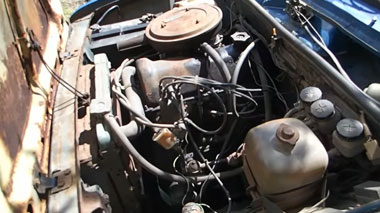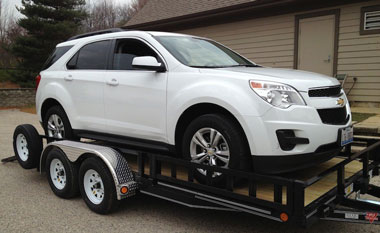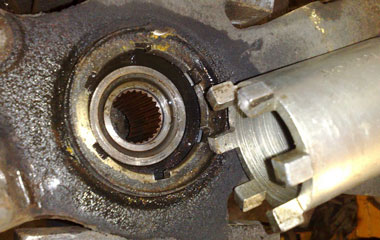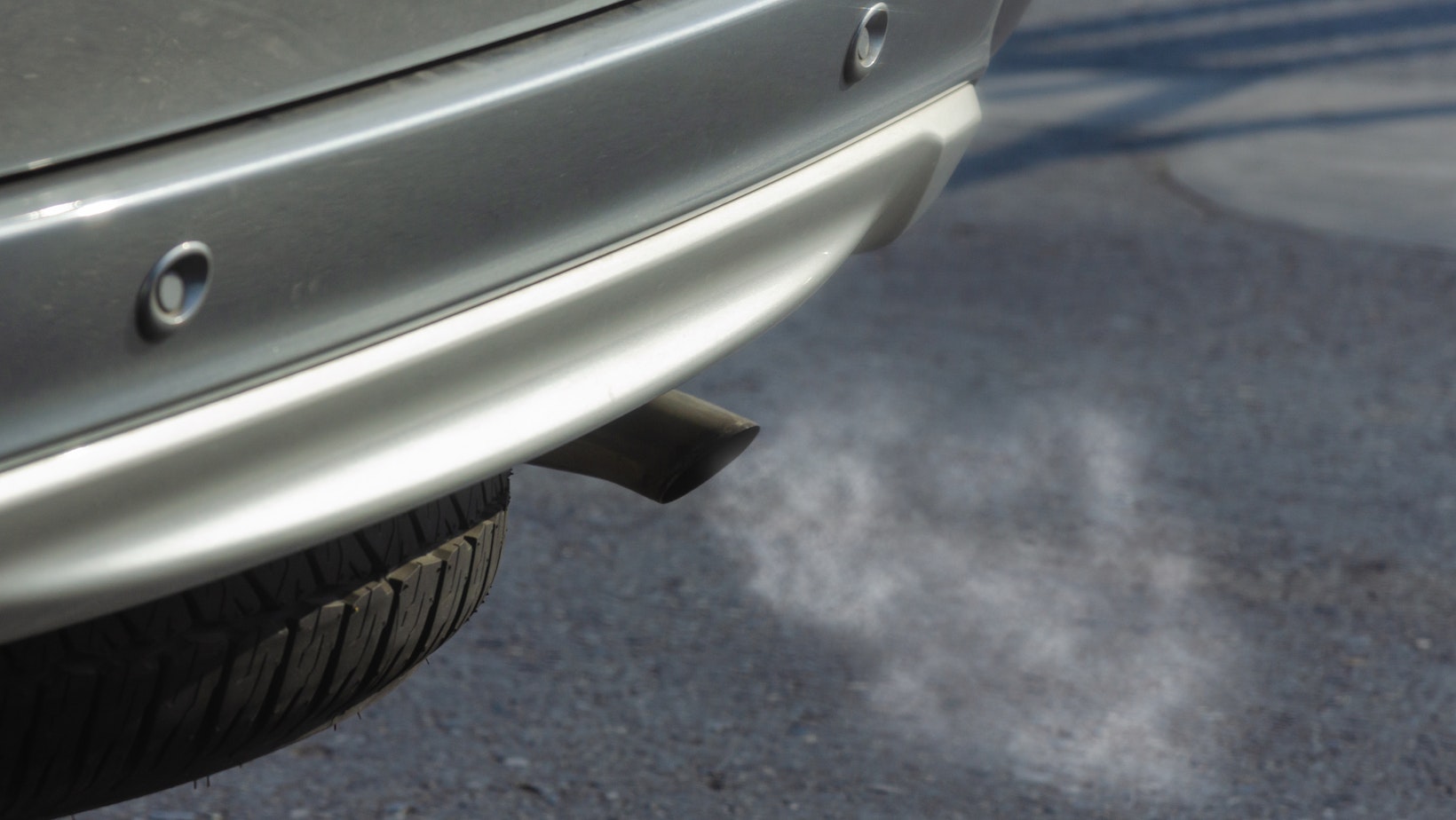
A knock sensor is a device that is used to detect engine knocking. Knocking is a type of engine noise that can damage the engine if it is not properly controlled. The knock sensor is used to send a signal to the computer when it detects knocking.
The computer then adjusts the ignition timing to help prevent engine damage.
Bad gas can cause the knock sensor code to be triggered. When the knock sensor code is triggered, it means that the knock sensor has detected knocking in the engine.
This can be caused by a variety of things, but bad gas is one of the most common causes. Bad gas can cause knocking because it contains impurities that can damage the engine. These impurities can cause pre-ignition and detonation, which can damage the engine.
Your car’s knock sensor is designed to detect engine knocking and prevent it from happening. But what happens when the knock sensor itself is the cause of the problem?
Bad gas can certainly be one culprit.
If your knock sensor is picking up false signals due to bad gas, it will try to correct for them by changing the timing of your engine. This can lead to a loss of power and efficiency, and may even trigger a check engine light.
If you suspect that bad gas is causing your knock sensor code, the best thing to do is simply fill up with fresh, high-quality fuel.
That should take care of the problem and get your car running smoothly again.
What Else Can Cause Knock Sensor Code?
A knock sensor is a device that is used to detect knocking in an internal combustion engine. The knock sensor produces a voltage signal that is proportional to the intensity of the knocking. The knock sensor code can be caused by a variety of things, including:
-Dirty or oil-fouled spark plugs -Worn or damaged piston rings -Exhaust leaks
-Detonation (a.k.a. “spark knock”)
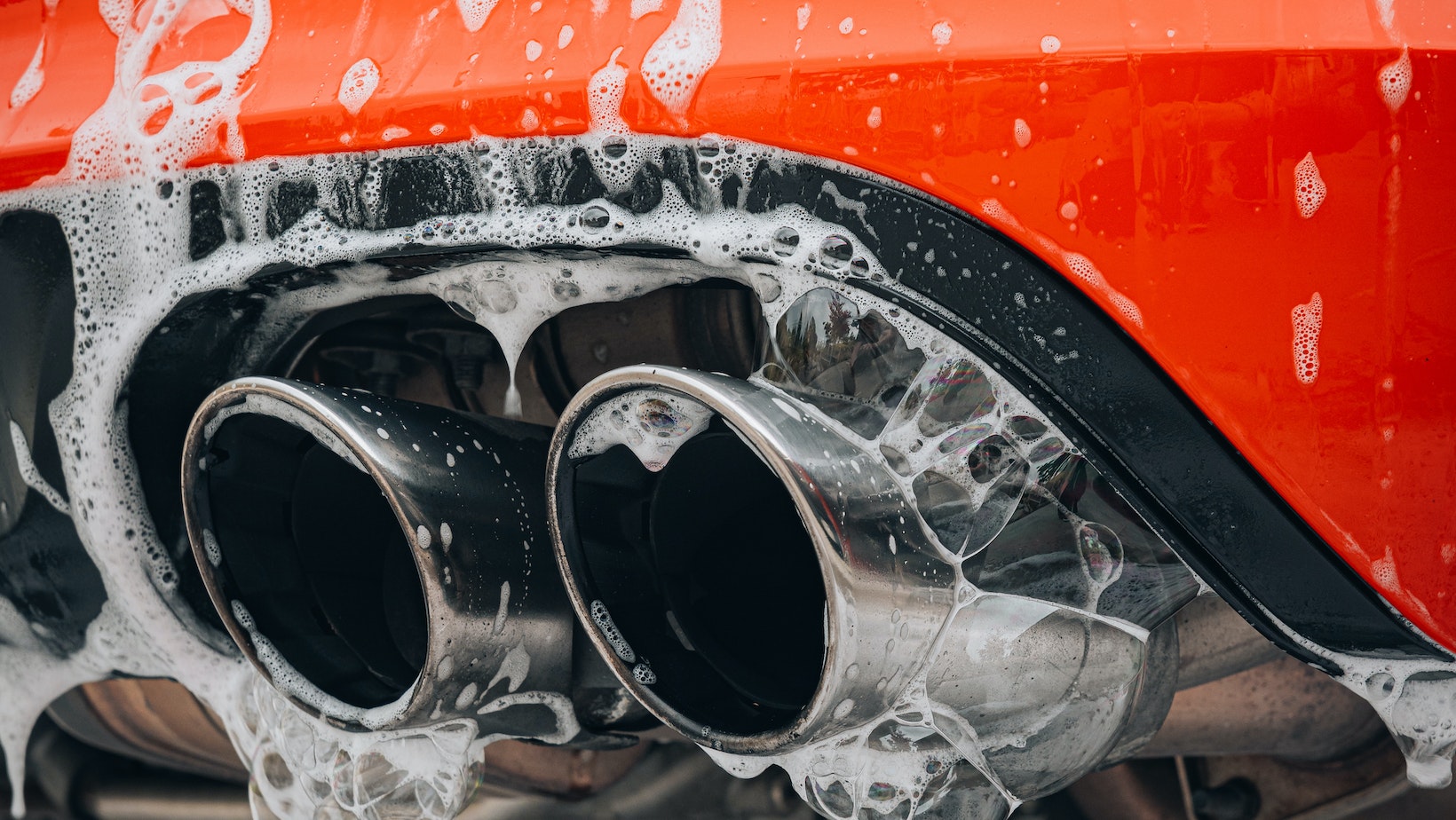
What Causes Knock Sensor to Go Bad?
A knock sensor is designed to detect engine knocking and send a signal to the computer so that it can adjust the ignition timing to prevent damage. However, there are several factors that can cause a knock sensor to go bad, including: 1. Engine deposits – Over time, oil and fuel can leave deposits on the knock sensor, which can eventually lead to its failure.
2. Vibration – The knock sensor is mounted on the engine block and is constantly exposed to vibration. This can eventually cause it to break or become loose. 3. Electrical issues – A bad knock sensor can also be caused by electrical problems, such as a faulty connection or wire.
Can Old Gas Cause Knock?
Yes, old gas can cause knock. If the gas is more than a month old, it can start to break down and form deposits on the walls of the fuel tank. These deposits can clog fuel lines and filters, and cause knocking in the engine.

Can Low Octane Fuel Cause Knock Sensor Code?
If you have a knock sensor code, it is likely that you are using low octane fuel. Octane is a measure of a fuel’s ability to resist “knocking” or “pinging” during combustion, caused by the air/fuel mixture detonating prematurely in the engine. In order to avoid this knocking, engines are designed to run on higher octane fuels.
Detonation can cause serious damage to an engine, so if you are using low octane fuel and getting a knock sensor code, it is important to switch to a higher octane fuel as soon as possible. There are a few ways to determine what octane rating your vehicle’s engine requires:
Check your owner’s manual – This is the most accurate way to find out what octane rating your vehicle’s engine needs.
– This is the most accurate way to find out what octane rating your vehicle’s engine needs. Look for a sticker on the inside of your gas cap – Many vehicles have a sticker on the inside of the gas cap that lists the recommended octane rating for the engine.
+
If you cannot find either of these things, or if you are still unsure about whichoctane rating to use, consult with a professional mechanic or automotive specialist. Using low octane fuel in an engine that requires high octane can cause serious damage, so it is important to be sure before you fill up!
5 Bad Knock Sensor Symptoms & How To Fix
How Long Does It Take to Replace Knock Sensor
If your car is starting to knock, it may be time to replace your knock sensor. But how long does this process take?
The average job will take about two hours.This includes the time it takes to remove the old sensor and install the new one. However, some cars may require special tools or techniques that could extend the job time by an hour or more. When replacing a knock sensor, it’s important to follow the instructions in your car’s repair manual.
If you’re not comfortable doing this job yourself, be sure to take it to a qualified mechanic.
Knock Sensor Repair
A knock sensor is a vital part of a car’s engine. It helps to prevent knocking and pinging sounds by detecting them and sending a signal to the computer to adjust the timing. This can save your engine from damage caused by these sounds.
If you are having trouble with your knock sensor, there are a few things you can do to repair it. First, check the wiring harness for any loose or damaged wires. Next, clean the knock sensor itself with brake cleaner or another similar product.
Finally, if neither of these solutions work, you may need to replace the knock sensor entirely.
If you keep up with regular maintenance on your car, it’s unlikely that you’ll ever have to deal with a knocked out sensor. However, if you do find yourself in need of repair, following these steps should help get your engine running smoothly again in no time.
Chevy 6.0 Knock Sensor Replacement Cost
When your Chevy’s knock sensor needs to be replaced, the cost can vary depending on a few factors. The main factor is whether you replace it yourself or have a professional do it for you. If you’re comfortable working with tools and doing your own auto repairs, then replacing the knock sensor yourself is a fairly easy job that will only cost you around $100-$200 for the part itself.
However, if you’d rather leave it to the professionals, expect to pay anywhere from $300-$800 for labor, depending on the shop and their rates.
Either way, replacing your Chevy’s knock sensor is an important repair to make sure your engine is running smoothly and efficiently. A knocking noise in your engine is usually a sign that the knock sensor needs to be replaced, so don’t ignore it!
How Much Does It Cost to Replace a Nox Sensor
If your car is equipped with a NOx sensor, it is important to know how much it would cost to replace it if it failed. Depending on the make and model of your vehicle, a new NOx sensor can cost anywhere from $200 to $1,000.
If you have a late-model car with a diesel engine, chances are it is equipped with a NOx sensor.
This sensor monitors the levels of nitrogen oxide in the exhaust gases and helps the car’s computer adjust the air/fuel mixture for optimum performance and emissions.
While most NOx sensors will last the lifetime of the vehicle, they can occasionally fail prematurely. If your check engine light comes on and your mechanic tells you that you need a new NOx sensor, don’t be too surprised.
Here’s what you need to know about replacing this important piece of equipment.
How much does a new NOx sensor cost?
Depending on the make and model of your vehicle, a new NOx sensor can cost anywhere from $200 to $1,000.
That may seem like quite a range, but there are several factors that affect the price of a replacement sensor, including:
The complexity of your vehicle’s emission system: Some cars have very complex emission systems that require special tools and training to service. These vehicles will typically have higher-priced parts across the board.
The type of fuel your car uses: Diesel engines typically require more expensive sensors than gasoline engines because they operate at higher temperatures.
Where you purchase the part: You’ll usually find the biggest savings by purchasing parts online rather than through your local dealership or repair shop. However, keep in mind that you’ll need to factor in shipping costs when comparing prices between retailers.
Whether or not you need programming: In some cases, installing a new NOx sensor will require special programming that can only be done at an authorized dealer or repair facility. This added step can increase the overall cost of replacement significantly.
Conclusion
If your car is running on bad gas, it could trigger a knock sensor code. The knock sensor is responsible for detecting knocking or pinging sounds in the engine. If the knock sensor detects these sounds, it will send a signal to the computer to adjust the ignition timing.
This can help prevent engine damage.


